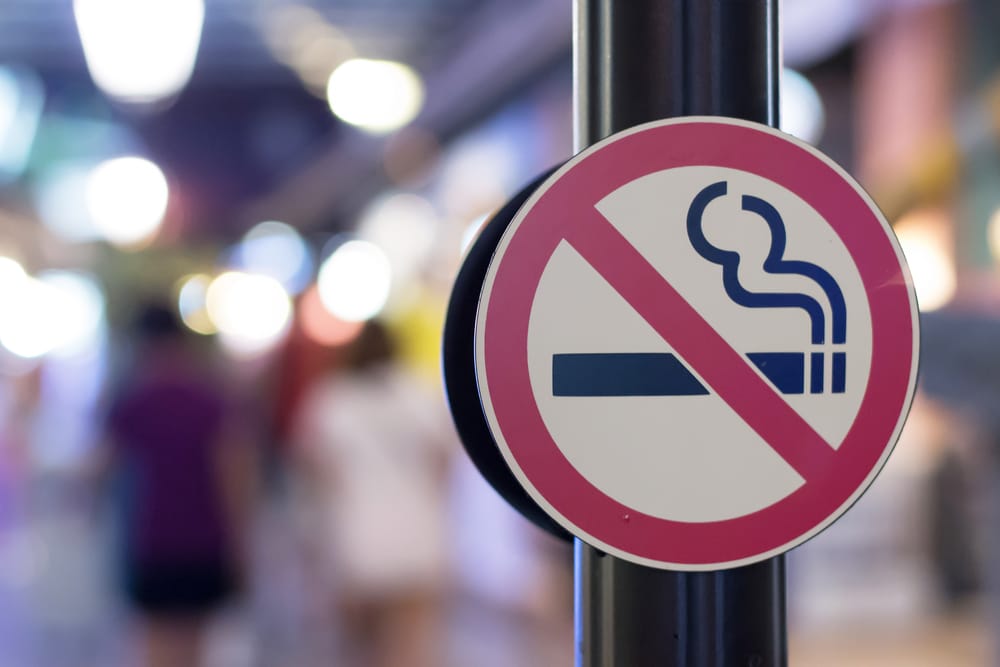Addiction Treatment
How Alcohol and Smoking Go Hand in Hand

Written By:

Table of Contents
Alcohol and tobacco are two of the most deadly drugs in the United States of America. In the past few years, the number of people who smoke regularly has been decreasing, while the number of those who only smoke in social situations has been increasing. The question is, why?The Washington University School of Medicine believes it’s because smoking and drinking are connected. Scientists there found that if you increase the cigarette taxes and no-smoking signs in buildings and offices of work, then the overall alcohol consumption will decrease. Studies show that a 20 percent increase in the cigarette price causes a 2 percent decrease in beer and spirits consumption. Furthermore, a statewide ban of smoking could very likely lead to a 4 percent decline in beer and a 11 percent decline in spirits. The next logical step would be to figure out why people enjoy smoking and drinking together.The short answer is tobacco increases the effects, or the high, of alcohol. In addition, nicotine can enhance your need or desire for liquor. Those who want to cut down on alcohol generally will have more success if they also try to quit smoking. Chemically, it seems the two just go hand in hand. The unusual fact about alcohol and tobacco sales is that wine sales were fairly unaffected. Some people believe this is because those who drink beer and liquor usually smoke more heavily and frequently than those who drink wine, and those who drink wine rarely smoke at all. Mostly this is due to the complexity of flavors in wine, which saturate the palate without need for other flavor. The CDC estimates that about 88,000 people are killed by alcohol each year. There are several different ways to decrease this number, but there is no easy solution. Banning tobacco may help decrease alcohol consumption; however, it isn’t going to solve every problem. The reason behind why you became addicted in the first place is equally important, and The Last Resort can help you on your way to becoming happier and healthier. Call (512) 750-6750 for more information on how to begin the road to recovery.
